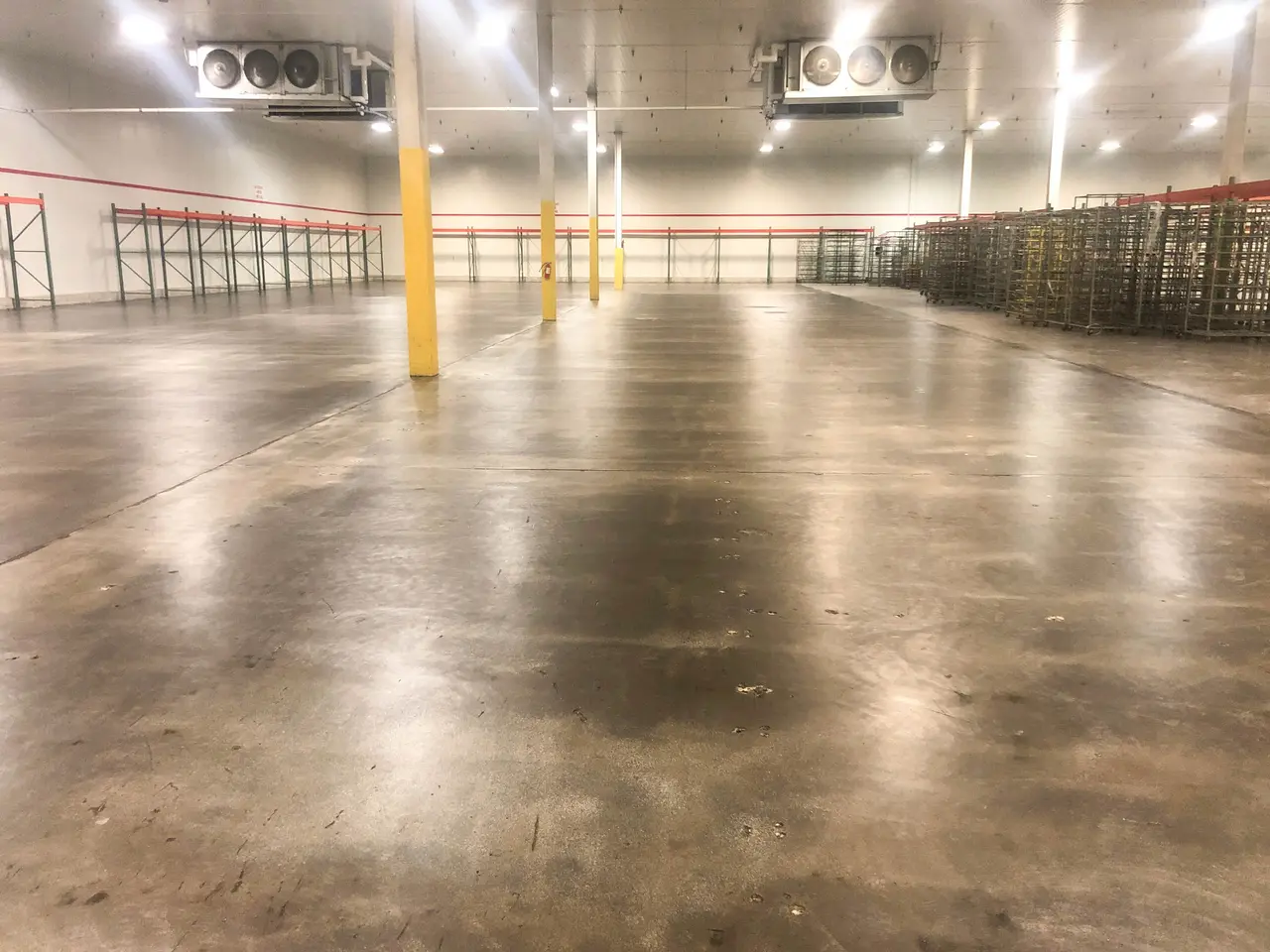Epoxy coatings are becoming increasingly popular for industrial floors due to their durability and aesthetic appeal. This versatile solution not only enhances the appearance of your workspace but also provides numerous functional benefits that can improve your operations. Let’s dive into the advantages of using epoxy coatings for your industrial flooring needs.
1. Enhanced Durability for High-Traffic Areas
One of the most significant benefits of epoxy coatings is their exceptional durability, which makes them ideal for high-traffic areas. In environments such as warehouses and manufacturing plants, floors undergo constant wear and tear. Epoxy coatings provide a robust layer that can withstand heavy loads, making them a practical choice for any busy industrial setting.
Moreover, epoxy coatings are resistant to chipping, cracking, and peeling, which means they maintain their integrity over time. This durability reduces the need for frequent repairs, allowing companies to allocate their resources more effectively. By investing in epoxy coatings, businesses can create long-lasting, aesthetically pleasing floors that endure the rigors of daily operations.
Not only do these coatings enhance the lifespan of your flooring, but they also contribute to a safer work environment. Since epoxy is a non-porous material, it prevents the accumulation of dirt and grime, leading to a cleaner space. A clean workplace not only looks better but also promotes a healthier atmosphere for employees.
2. Cost-Effectiveness Over Time
When considering flooring options, cost-effectiveness is often a primary concern for businesses. Epoxy coatings may have a higher initial investment compared to traditional flooring, but their long-term savings can be substantial. Because of their durability and low maintenance requirements, epoxy floors can help reduce upkeep costs over time.
Furthermore, because these coatings are highly resistant to damage, businesses can save on repair and replacement costs. The longevity of epoxy floors means they won’t need to be replaced as frequently as other flooring types. This stability translates into less downtime, improved productivity, and ultimately, a better return on investment.
3. Resistance to Chemicals and Stains
In industrial settings, floors are often exposed to various chemicals, oils, and stains. This makes their resistance a vital characteristic. Epoxy coatings are designed to withstand spills from oils, solvents, and other hazardous materials without compromising their surface or appearance. This resistance not only preserves the integrity of the floor but also minimizes the risk of costly accidents due to slips or falls.
In addition to chemical resistance, epoxy floors are also easy to clean. Unlike porous surfaces that trap dirt and grime, epoxy’s smooth finish allows for quick and efficient cleaning. This can lead to substantial time savings for facilities struggling to maintain hygiene standards without losing productivity.
4. Design Flexibility and Aesthetics
Epoxy coatings offer a wide range of design options, allowing businesses to customize their flooring to reflect their brand identity or personal taste. From vibrant colors to unique patterns, the design flexibility that epoxy provides means that your industrial spaces can be as attractive as they are functional. This is particularly beneficial for businesses looking to make a good impression on clients and customers.
Moreover, the versatility of epoxy coatings extends to their texture and finish, which can enhance both visual appeal and safety. For instance, a glossy finish not only looks polished but can also create a more spacious appearance. Conversely, textured options can improve grip in areas where slips could be a concern, ensuring that aesthetics don’t come at the expense of safety.
5. Low Maintenance Requirements
Another compelling benefit of epoxy coatings is the minimal maintenance they require. Unlike other flooring surfaces that need regular polishing, waxing, or sealing, epoxy floors are designed for high performance with low effort. Routine cleaning generally consists of a simple sweep and mop to remove dust and debris, making it user-friendly for various types of workplaces.
This low maintenance translates into significant savings in both time and labor costs. Staff can focus on higher-priority tasks instead of spending hours maintaining the floor, and unexpected maintenance costs become rare, allowing for better budgeting and forecasting.
6. Improved Safety Features
Safety is paramount in any industrial setting. Epoxy coatings enhance safety in a multitude of ways. Their non-slip surfaces can be engineered to provide excellent traction, reducing the likelihood of workplace accidents. This is crucial, especially in environments where spills are common.
Additionally, epoxy coatings provide excellent visibility. They can be applied in colors that enhance light reflection, which helps illuminate workspaces more effectively. This can create a safer working environment by reducing shadows and increasing visibility for employees.
7. Quick Installation Process
One of the advantages of epoxy coatings is their relatively quick installation process. Unlike traditional flooring options that may require extensive preparations and drying time, epoxy can often be applied in a single day with minimal disruption to your operations. This efficiency means that businesses can resume their activities sooner, which is especially valuable in fast-paced environments.
With various formulations available, including fast-curing options, installation can be tailored to the specific needs of your project. This adaptability allows for better planning and can help you avoid prolonged downtime, ultimately keeping business operations smooth.
8. Sustainability and Eco-Friendliness
As businesses increasingly emphasize sustainability, epoxy coatings stand out as an eco-friendly choice. Many epoxy formulations are low in volatile organic compounds (VOCs) and are designed to be environmentally friendly. By choosing these coatings, companies can demonstrate their commitment to sustainability while ensuring a safe working environment.
Furthermore, the durability of epoxy means that less material is needed over time compared to conventional materials, leading to a reduction in waste. This longevity ensures that businesses invest in surfaces that not only benefit efficiency and safety but also align with environmentally responsible practices, contributing to a greener future.



